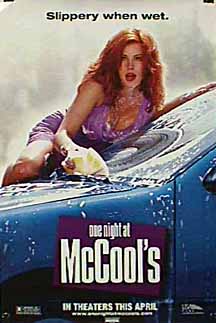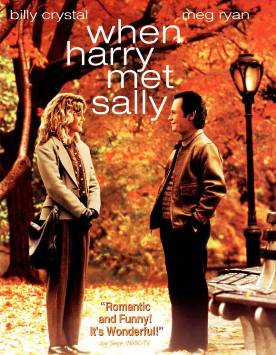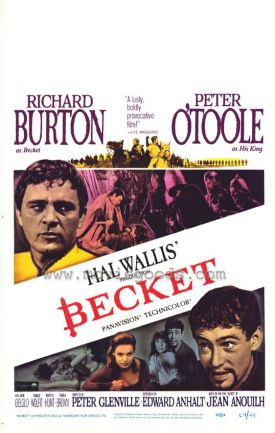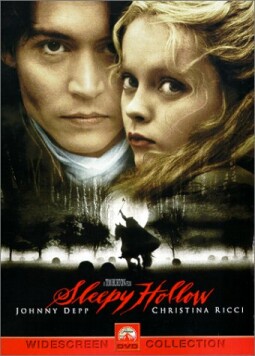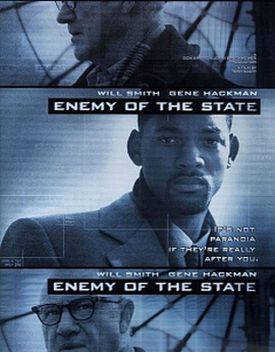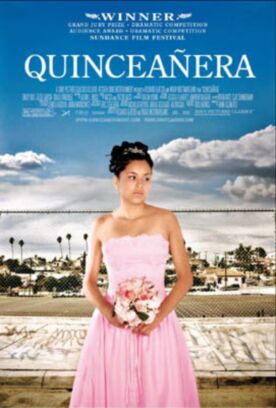One Night at McCool’s
One thing you can say for One Night at
McCool’s, directed
by Harald Zwart and written by Stan Seidel, is that it is funny. Not subtle or
meaningful or profound or even interesting but funny. Maybe
that’s enough to make it worth seeing.
The trouble is that, in the intervals of trying and (mostly) succeeding to be
funny, it tries and (mostly) fails to be subtle, meaningful, profound and
interesting. Moreover, there is a mismatch between the very broad and robust
humor of the funny bits and the essentially nihilistic point of view informing
the serious bits. If the comedy had been darker on the one hand or if there had
been a glimpse of innocence or someone to like on the other, this could have
been a much better movie.
Even as it is, however, those in search of laffs will enjoy it. The story is
well told, and that is, as so often, enough to produce a basic cinematic
success. Jewel (Liv Tyler) is partnered with a thug called Utah (Andrew Dice
Clay) in working a scam by which she pretends to be abused and abandoned by him,
inviting
“rescue”
by the mark, who responds to her flirtatiousness by taking her home with him.
She then telephones Utah, who arrives just in time to catch the two of them
together and proceeds to rob the mark. One night, however, Jewel rather
surprisingly decides that she has more promising material in the mark, a
feckless bartender called Randi (Matt Dillon), than in Utah and makes a dramatic
switch from one partner to the other which results in
Utah’s untimely end.
The essence of the thing is the portrayal of Jewel as a femme fatale
who not only induces poor Randi to engage in criminal activities that he would
never otherwise have dreamed of engaging in but also captivates every other man
she sees, including Randi’s cousin, a
smarmy and self-important lawyer called Carl (Paul Reiser) and Charlie Dehling
(John Goodman) a widowed police detective and the investigating officer in the
death of the late Utah. Jewel herself pretends to be unconscious of the effect
she has on men and claims only to want to live in the kind of house that could
appear in a magazine. This is true,
too—so true that we cannot but be
impressed by the sublimely conscienceless determination with which she assumes
that all other earthly purposes must be subordinated to getting her into such a
house.
The story, which culminates in a confrontation involving Carl, Charlie, Randi
and Utah’s avenging Mormon brother, is
told in three separate narrative strands: by Carl to his shrink (Reba McEntyre),
by Charlie to his priest (Richard Jenkins) and by Randi to a bingo-playing
hit-man with a bad toupee (Michael Douglas) whom he is employing to bump off
Jewel after she has him thrown out of his own house. At first these three
strands overlap in such a way as to suggest a Rashomon like purpose, but
this is soon forgotten, as all our attention becomes focused on the various ways
in which a woman like Jewel is able to make fools of men. Yet there is a certain
heartlessness in the fact that none of the men, except at times Randi, is
sympathetic enough to make us feel any real self-identification, or to produce a
shiver of pity and terror as well as the laughter.
In true postmodern fashion, the movie is fraught with allusion by virtue of
the casting alone, since Liv Tyler’s
Jewel inevitably suggests a burlesque version of the role she played in
Bertolucci’s pretentious Stealing
Beauty. Awful as that movie was, however, it at least tried to represent
innocence.
McCool’s is a
movie for cynics. The cynical approach no doubt has its uses and certainly
contributes to the comedy, but there are some things it cannot do. It cannot,
for instance, produce the sense of mystery and wonder that the story of a
femme fatale would seem to call for.
So Charlie tells the priest that
“something inside me said I had to see
that woman again. It was like she was a special assignment—not from the
department, but from a higher power”
later adding that Jewel’s liaison with
Randi had even led to a kind of crisis of faith:
“How can I not question our creator
for putting that human obscenity into the presence of this
creature?” But both the creator and
the “higher
power” are just a joke. The fact that
the film takes for granted the salaciousness of the
priest’s interest in
Charlie’s
confession—a tired anti-Catholic
stereotype— suggests the limits to its
interest in any actual higher powers.
It’s a shame because if
you’re going to show us a femme
fatale it helps if you really believe in fatality and are not just going
through the motions.
Discover more from James Bowman
Subscribe to get the latest posts to your email.

